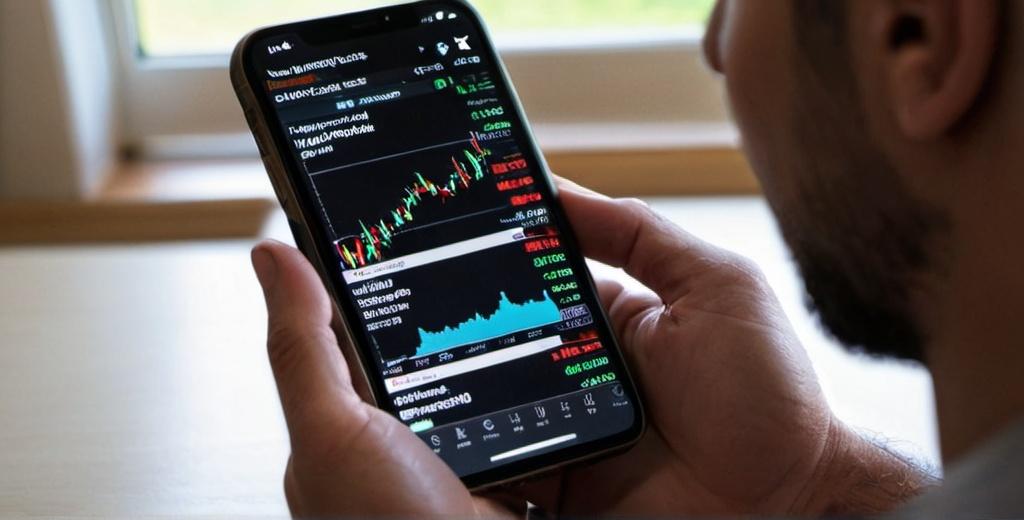Binary options trading in the United States is legal, but access is restricted. The product is regulated by federal agencies, and only a small number of platforms are authorised to offer it to retail traders. Most offshore brokers are banned from accepting U.S. clients, and enforcement action is common against platforms or affiliates that violate these restrictions.
Retail traders in the U.S. who want to engage with binary options must use exchanges regulated by the Commodity Futures Trading Commission (CFTC). Any other provider—especially those based overseas—is operating outside U.S. law. These restrictions limit choice but provide a higher level of consumer protection compared to most global markets.

Contents
Regulatory Framework
In the United States, binary options are treated as financial derivatives. As such, they fall under the oversight of the CFTC and, in some cases, the Securities and Exchange Commission (SEC). Providers must register as Designated Contract Markets (DCMs) and meet strict operational and clearing standards.
At present, the only legal binary options exchange for retail users is Nadex (North American Derivatives Exchange), now part of the Crypto.com group. Nadex offers fully regulated binary contracts on currencies, indices, and commodities. The platform does not offer bonuses or affiliate-based account incentives, and all trades are conducted in a transparent, order-driven environment.
Offshore brokers—including those licensed in Europe, the Caribbean, or Asia—are not permitted to offer binary options to U.S. residents. The CFTC actively pursues enforcement against foreign brokers and has published a list of known entities that have violated its rules.
A summary of accessible platforms, legal conditions, and region-specific access is available here: binary options broker in the United States.
Platform Restrictions and Compliance
Traders in the U.S. face limited access compared to international markets. Nadex remains the only widely available platform, and its product differs from the high-speed, high-leverage format common elsewhere.
- Expiry times are longer (5 minutes to one week)
- Payouts are based on bid/ask movement, not fixed broker odds
- Trades are fully collateralised through a clearinghouse
- There are no margin features or deposit bonuses
This structure reduces risk but also limits the appeal for traders seeking fast returns or short-term bets. As a result, many users turn to offshore brokers through VPNs or fake registration data. This is a violation of CFTC regulations and may result in account closure or legal consequences.
Offshore Broker Risks
Some U.S.-based traders continue to access foreign binary platforms using cryptocurrencies and private internet access. These brokers frequently offer 60-second contracts, sign-up bonuses, and referral rewards—none of which are allowed under U.S. regulation.
The risks associated with these platforms include:
- Fund loss without recourse: U.S. law does not apply to offshore platforms
- Withdrawal rejection: Platforms may block or delay payouts, especially after profitable trades
- Account freezes: Brokers may suspend accounts due to location mismatches or profit limits
- False regulation claims: Many sites claim to be “regulated” but are not recognised by U.S. agencies
The CFTC does not mediate or pursue restitution for U.S. clients who lose money on unlicensed foreign brokers.
Funding and Access Channels
Nadex supports ACH transfers and U.S.-based bank accounts for funding. It does not accept crypto, prepaid cards, or third-party wallets. Withdrawals are processed through the same channels and typically completed within 1 to 3 business days.
In contrast, offshore brokers rely on Bitcoin, USDT, or payment aggregators that are not transparent. Many do not disclose processing fees or minimum withdrawal thresholds until after deposits are made. Customer service may be limited or fully automated.
U.S. users attempting to use these services run the risk of having funds locked indefinitely or permanently lost without warning.
Trader Profile and Market Interest
Binary options remain a niche product in the United States. Traders who do participate are typically drawn by the fixed-risk nature of the product and the ability to speculate on market direction without needing to manage leverage or margin exposure.
Common assets include:
- EUR/USD and USD/JPY
- S&P 500 and Nasdaq futures
- Gold and oil contracts
Most traders use simple strategies—support/resistance levels, short-term news reactions, or basic indicators. Unlike other countries, aggressive short-term trading is less common in the U.S. due to the structure of legally available products.
Future Outlook
The regulatory position on binary options in the United States is unlikely to change. Federal agencies have made it clear that only registered exchanges can offer binary contracts to retail users. Offshore broker access will continue to be blocked and monitored, and enforcement actions will remain in place against violators.
That said, interest in fixed-risk trading tools continues, and Nadex remains a viable platform for U.S. traders who want a legal, regulated path into the binary format.
Access exists—but it is tightly controlled. Those who seek faster, less restricted platforms will have to accept that they are doing so outside of the law, and without support if things go wrong.